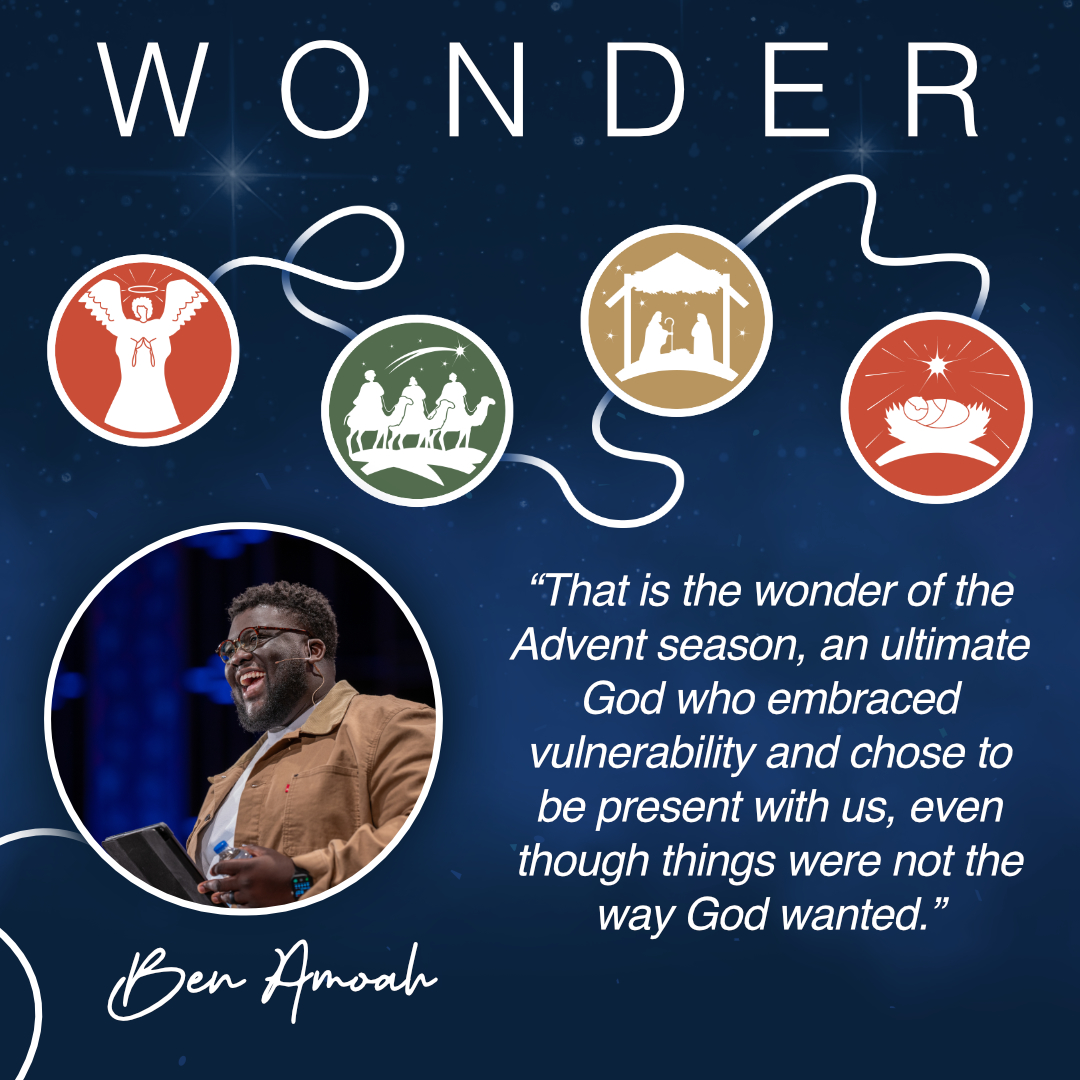My earliest Christmas memory goes back to when I was four years old. We were in our 600 square-foot apartment, and had a Christmas tree covered in blue, red, green, and yellow bulbs. We had our outdoor balcony draped in warm yellow lights and had a low-budget nativity scene on the living room coffee table. Our house felt the way Christmas was portrayed on the classics, like Home Alone.
This fantasy stopped abruptly when my father moved to Ghana the following summer and my mother could finally execute Christmas the way she had always wanted, by not celebrating it. Christmas Day was quiet in my residence. No decorations, no special meals. Unless my brother and I were invited to a friend’s home, we had no encounter with Christmas coziness.
This went on for many Decembers, until something changed in me. I entered college.
Maybe it was the pressure of my first set of midterms or the exhaustion of meeting loads of new people. Whatever it was, I told myself, “We are celebrating Christmas in our home this year.”
I knew my mom did not like surprises, so I warned her in advance. The first week of November I told her, “We’re celebrating Christmas at our house this year.” She simply laughed. The next week I reminded her and even informed her that people were going to join us. She looked at me for a little bit with a straight face, then laughed.
I reminded her continually for the next few weeks, but something changed in her response the weekend before Christmas, the week I finished classes. She said, “Ben, we do not celebrate Christmas, it’s not what we do.” She continued to list reasons why celebrating the holiday was wrong for her, but all I could think about was how special it would be to have good food with people we care about. The last thing my mother said was, “If you decide to celebrate this day in MY house, you will not see me out and about.”
I was heartbroken. It would not be the experience I was looking forward to without my mom. Nonetheless, I was motivated – I believed something special could happen if we all gathered over an amazing meal.
The night of December 24th came. My mom got dressed and went off to her night-shift at the hospital as she had for the past fourteen years. As soon as she left, I got up and began to prep. I marinated the chicken, chopped vegetables, set the rice cooker on, and began to ball dough to make fried dumplings. I wanted everything ready so that when Christmas evening came, all we had to do was bake, fry, and warm. I set up a few garlands above doorways and wrapped string lights around the base of the television in the living room.
A long night had passed. The sun was coming up. I had done all I could do in preparation. I was so tired that I fell asleep on the couch at 6 a.m. to the sounds of the claymation version of Rudolph the Red-Nosed Reindeer (1964) coming from the television. What happened next was the most shocking thing. I woke up at 1 p.m. People were coming in a few hours, and I had to execute the final steps of the food. But the most shocking thing was that I woke up to the smell of the food I had prepared being cooked. I ran to the kitchen to find my mother getting started on the final steps. All she said to me was, “Hurry up, we have people coming tonight.”
The wonder of showing up, the wonder of participating. My mom has always been an example of Jesus in my life, but that Christmas specifically, she helped me see what the Advent season is truly about.
Jesus came into this world through human vulnerability, as Scott Erickson beautifully portrays, but the world was not what it could be. Christ came to a humanity that was filled with hatred, filled with pride, filled with oppression, sexism, racism, the list goes on – yet Jesus still came. While humanity had not made Earth into what it could be, Jesus still showed up and participated. And through the participation of Jesus, the world has light to look to constantly, an example to look to constantly, we have a reference to look to as we interact with one another.
This happened because Jesus chose to be present, even though the world was not the way it could be. Through being present and participating, humanity has been able to move into what it can be. Because of that, over two thousand years later, we have a reference of God’s will done on Earth as in Heaven. That is the wonder of the Advent season, an ultimate God who embraced vulnerability and chose to be present with us, even though things were not the way God wanted. But because of that, we can all do more to move things into what they can be. I am thankful for that.
Ben Amoah is the youth pastor at La Sierra University Church and discovers wonder in great-tasting Korean food across Southern California.

